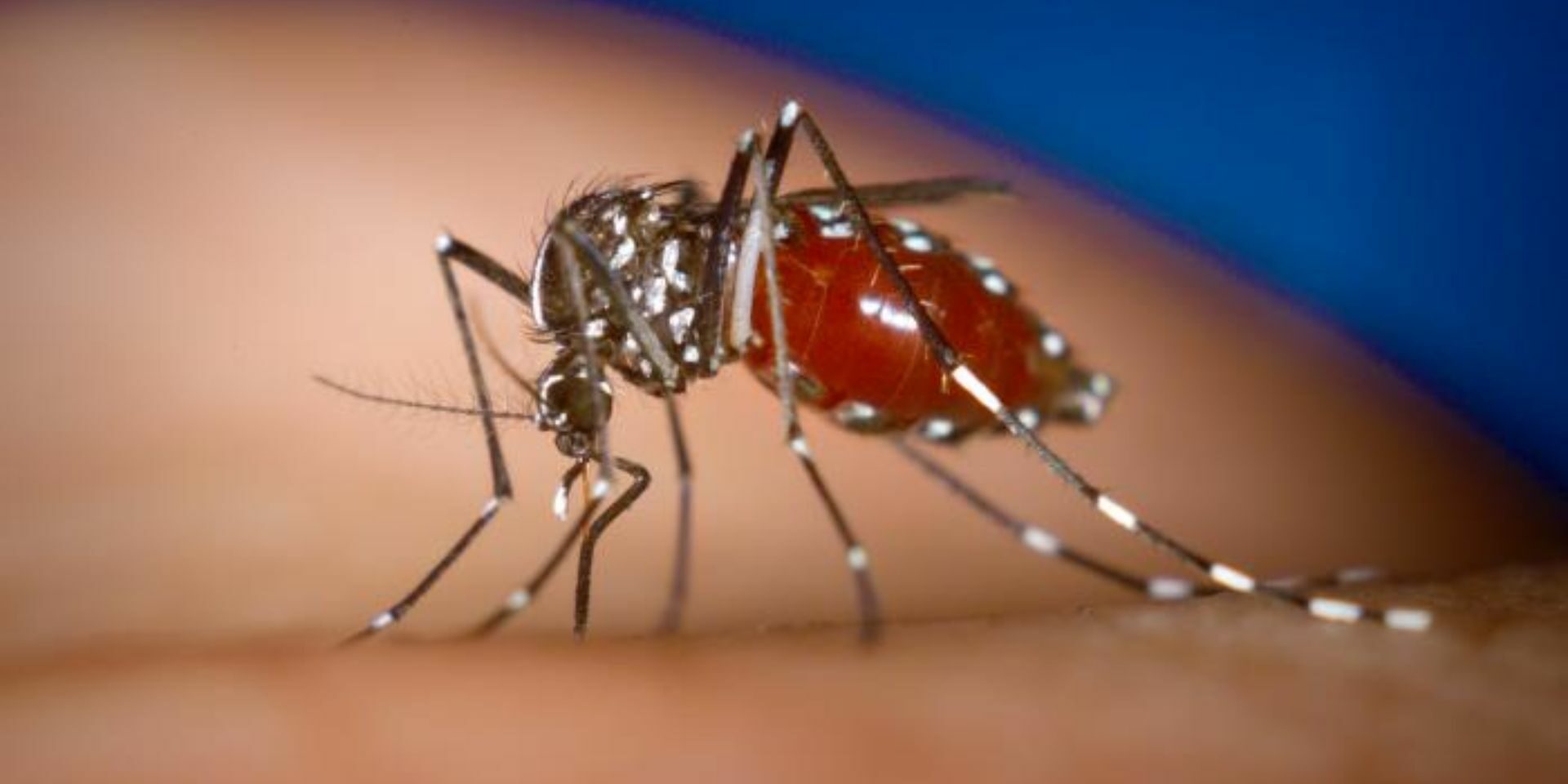
What is Chikungunya?
Chikungunya (chik-un-GUN-yuh) is an infection caused by a virus that spreads to people from the bite of an infected mosquito.
Chikungunya can cause severe joint and muscle pain. Many people recover within a week, but others can have pain that lasts for months after the infection. Chikungunya rarely leads to serious problems or death.
How Common is Chikungunya?
Chikungunya was once found only in Africa and Asia. But since the early 2000s, chikungunya has spread to more than 100 countries in the Americas, Africa, Asia, Europe, and the Indian and Pacific Oceans.
Infected travelers can spread the virus to unaffected areas when mosquitoes pick up the virus by biting an infected person.
Symptoms
The most common symptoms of chikungunya are fever and joint pain. Other symptoms may include headache, muscle pain, joint swelling, or rash.
Symptoms usually begin 3–7 days after being bitten by an infected mosquito.
Those at risk for more severe disease include newborns infected around the time of birth, adults age 65 years and older, and people with medical conditions such as high blood pressure, diabetes, or heart disease.
Most patients recover within 7-10 days; however, joint pain can be severe and disabling and may last for months.
Prevention
Travelers can protect themselves by preventing mosquito bites. When traveling to countries with chikungunya virus:
- Use insect repellent on exposed skin
- Wear long-sleeved shirts and pants
- Stay in places with air conditioning or use window and door screens
The Centers for Disease Control and Prevention (CDC) recommends the inactivated chikungunya vaccination for certain individuals age 12 years and older and the live attenuated for age 18 years and older:
- Those traveling to countries or territories where there is a chikungunya outbreak
- Laboratory workers who may be exposed to chikungunya virus (inactivated vaccine only)
The chikungunya vaccine may also be used for those age ≥12 years (inactivated vaccine) or ≥18 years (live attenuated vaccine) traveling or living in a country or territory without an outbreak but with elevated risk for US. travelers if planning travel for 6 months or more.
Pregnancy is a precaution for chikungunya vaccination, while breastfeeding is not a contraindication or precaution.
On May 9, 2025 the Food and Drug Administration (FDA) and CDC recommended a pause on administering the live attenuated chikungunya vaccine to individuals age 60 years and older, while an investigation of reported safety signals is underway.
Talk with a trusted healthcare professional to find out whether chikungunya vaccination is recommended for you.
Treatment
There is currently no medicine to treat chikungunya. Treatment focuses on relieving symptoms:
- Rest
- Drink plenty of water or other fluids
- Take acetaminophen or paracetamol to reduce pain and fever
- Do not take aspirin or ibuprofen until dengue can be ruled out to reduce bleeding risk
Updated May 2025
Sources: Centers for Disease Control and Prevention, Food and Drug Administration
